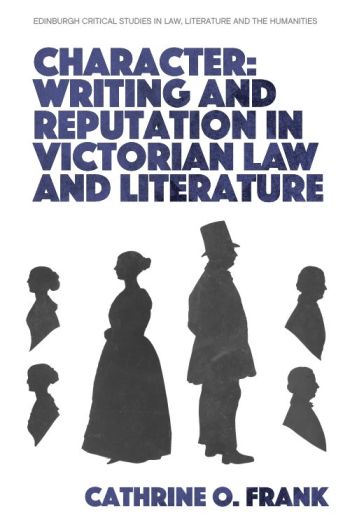We will be closed from 5pm Thursday 17th April for the Easter Bank Holidays, re-opening at 8.30am on Tuesday 22nd April. Any orders placed during this period will be processed when we re-open.

Examines legal and literary narratives of personhood in the 19th century.
Why would Hawthorne and Eliot grant their fallen women an anachronistic right to silence that could only worsen their punishment? Why did Bronte and Gaskell find gossip such a useful source of information when lawyers excluded it as hearsay? How did Trollope’s work as an editor influence his preoccupation throughout his novels with libel?
Drawing on a range of primary sources including novels, Victorian periodical literature, legislative debate, case law, and legal treatise, Cathrine O. Frank traces the ways conventions of literary characterisation mingled with character-centred legal developments to produce a jurisprudential theory of character that extends beyond the legal profession. She explores how key categories and representational strategies for imagining individual personhood also defined communities and mediated relations within them, in life and in fiction.